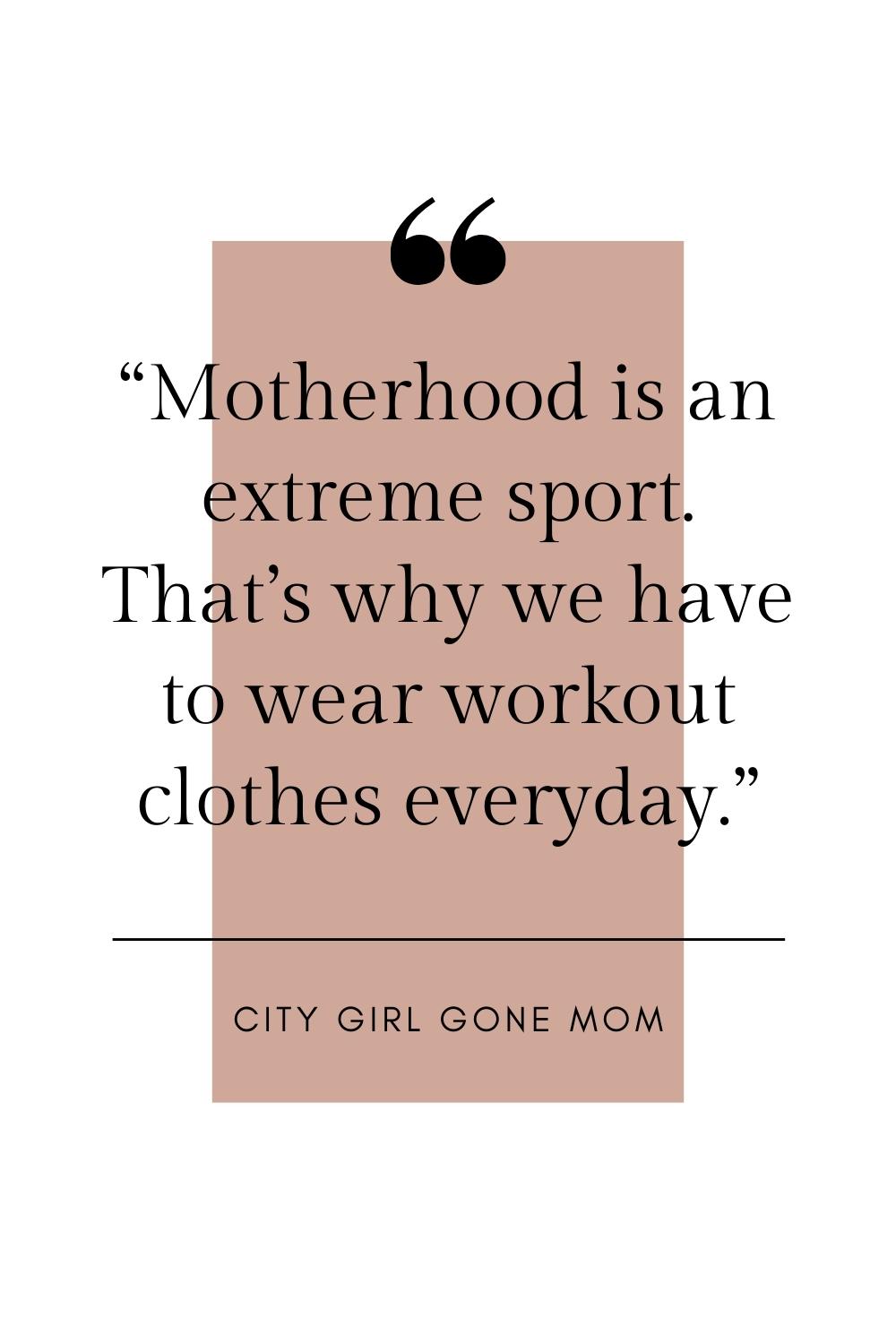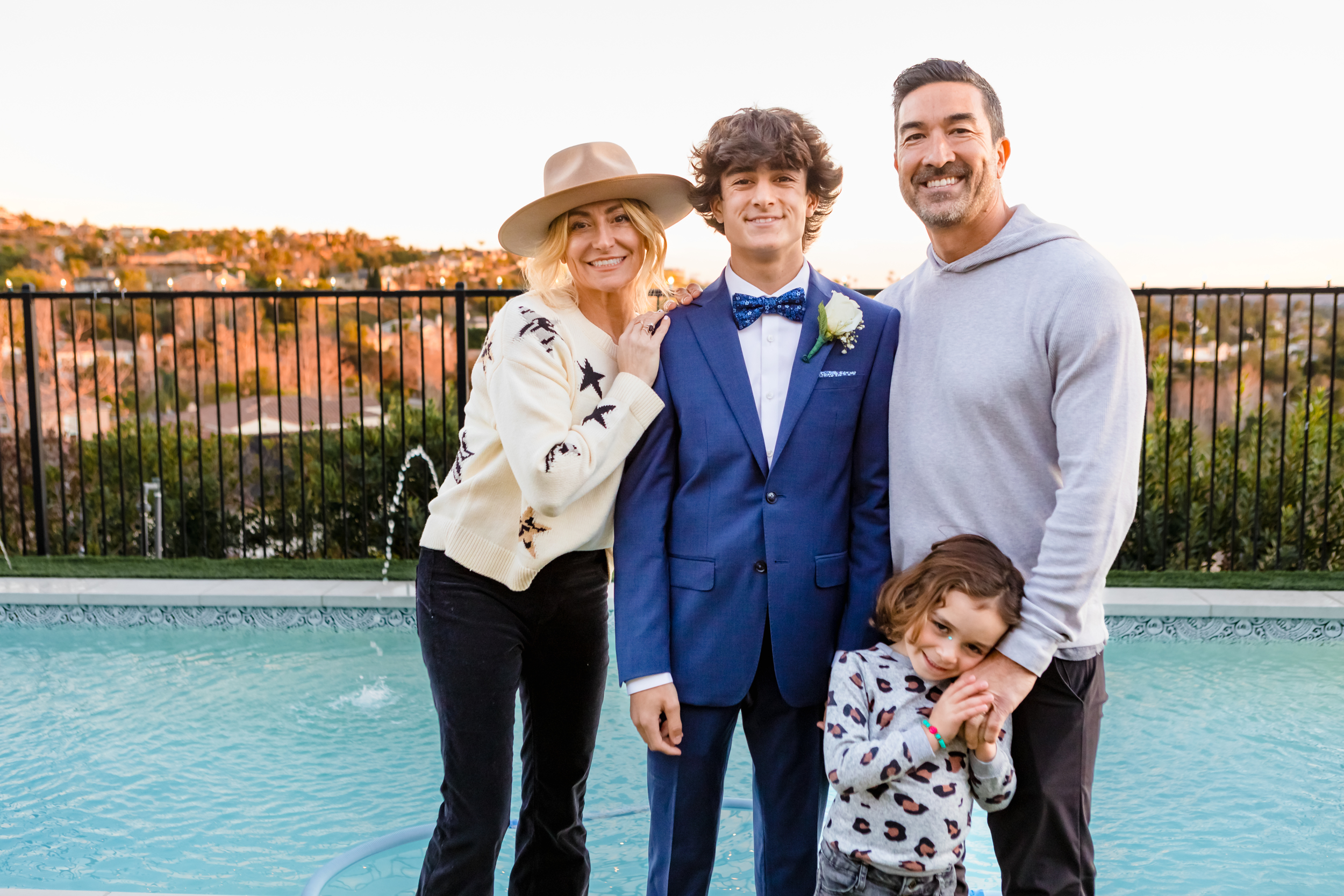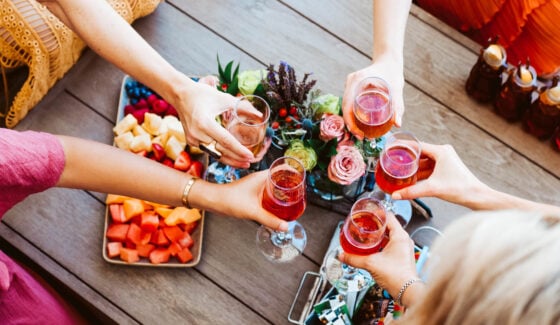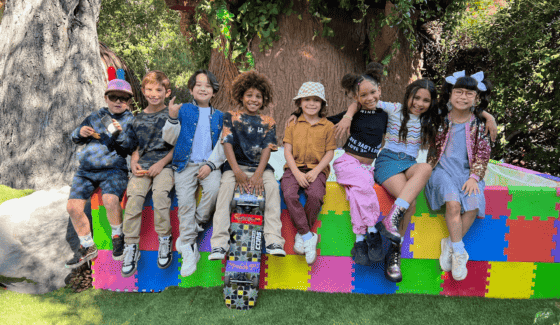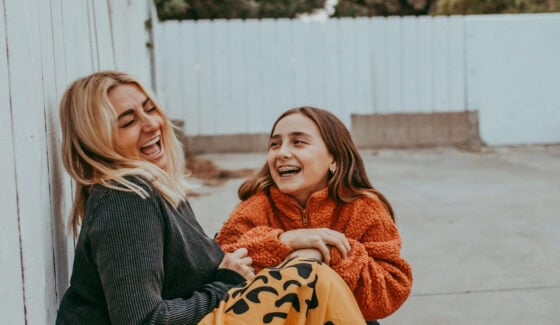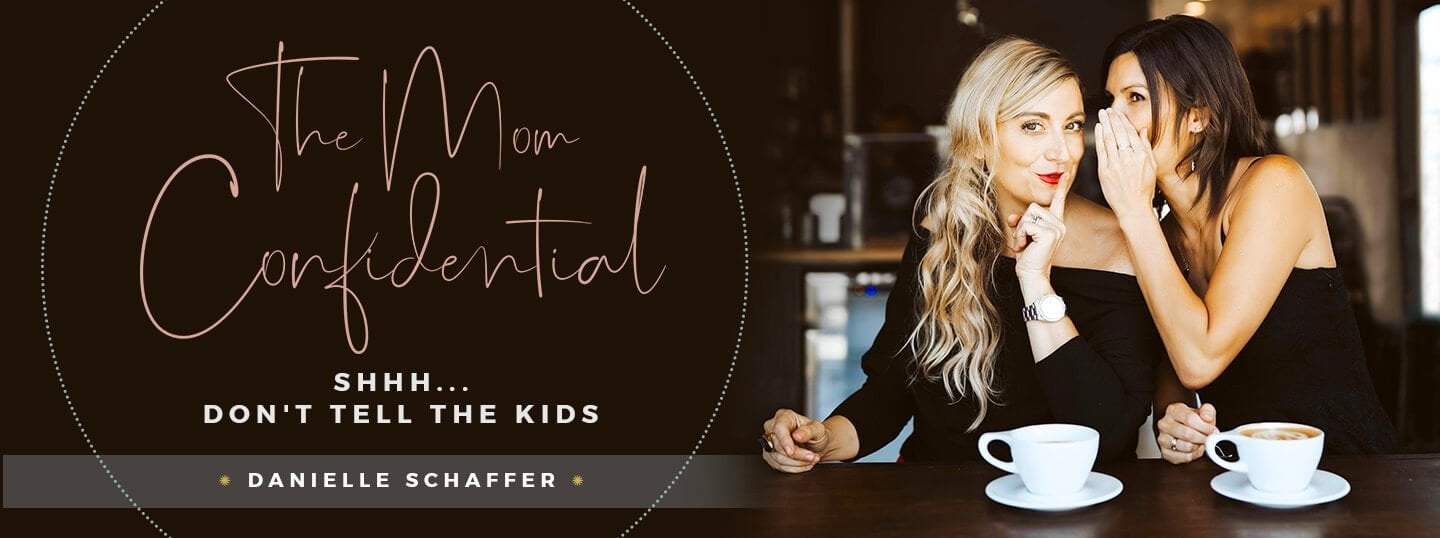When my brother died of an accidental overdose, a part of me died with him. Utterly empty, crushed, and picking up the pieces, there’s still the relentless and resilient side of me who needed to do something about it. Since then, I have been working fast and furiously on gathering the information I need to use my platform for interaction, education, and awareness when it comes to this topic. Even more importantly, I want to set an example for my kids and create a safe place for conversation and dialogue on drugs and substance abuse.
This week is National Prevention Week, which raises awareness about the importance of substance abuse prevention. I am so grateful to be partnered with such an excellent program like Med-IQ. Together, we are having the tough but necessary conversations about opioid use and overdoses in hopes that the more we educate others, the more lives we can save. While it may seem daunting to talk to our kids about the heavy topics in life, there are so many ways to approach it in a way that feels authentic and accessible for you and your kids.
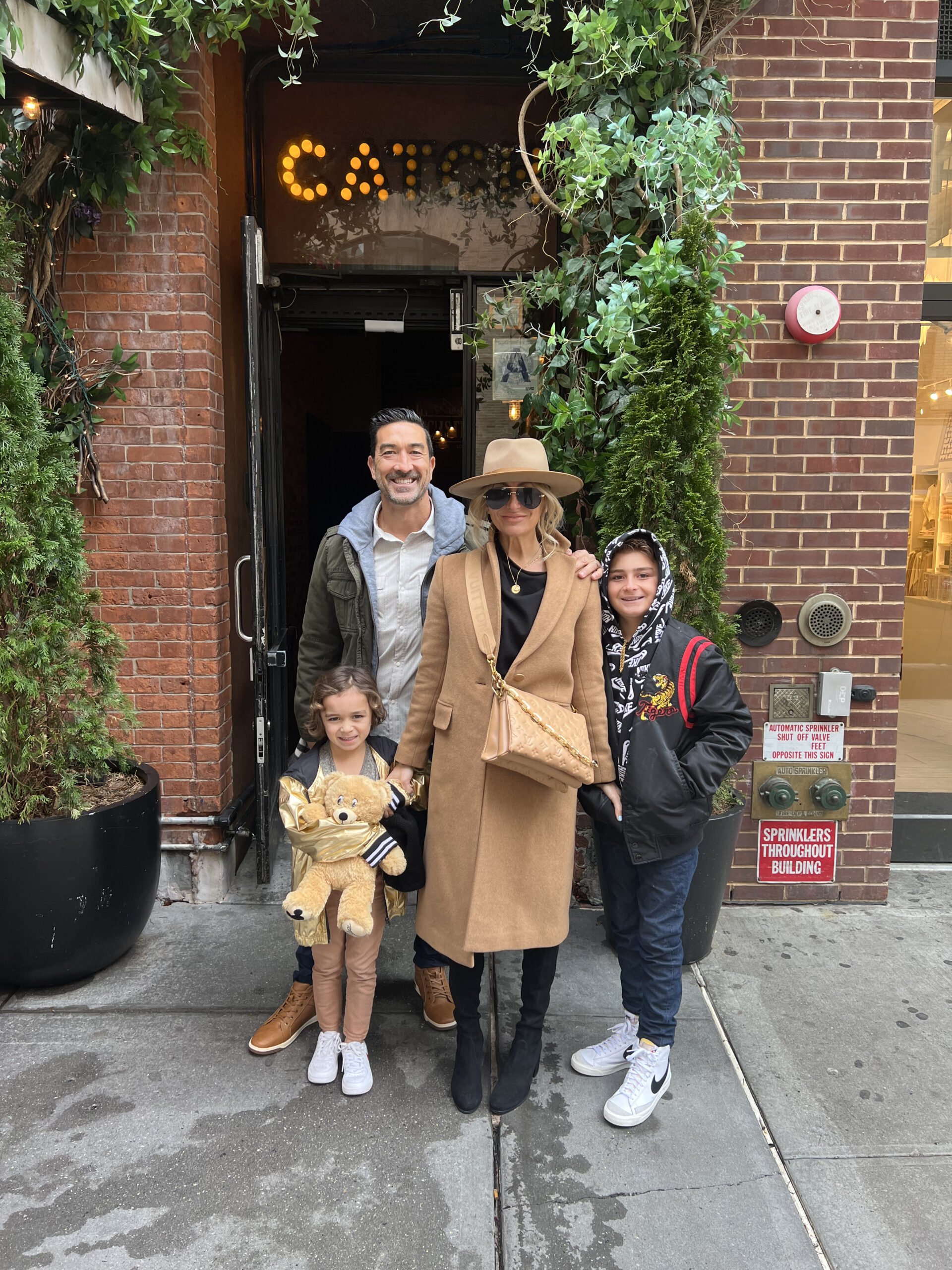
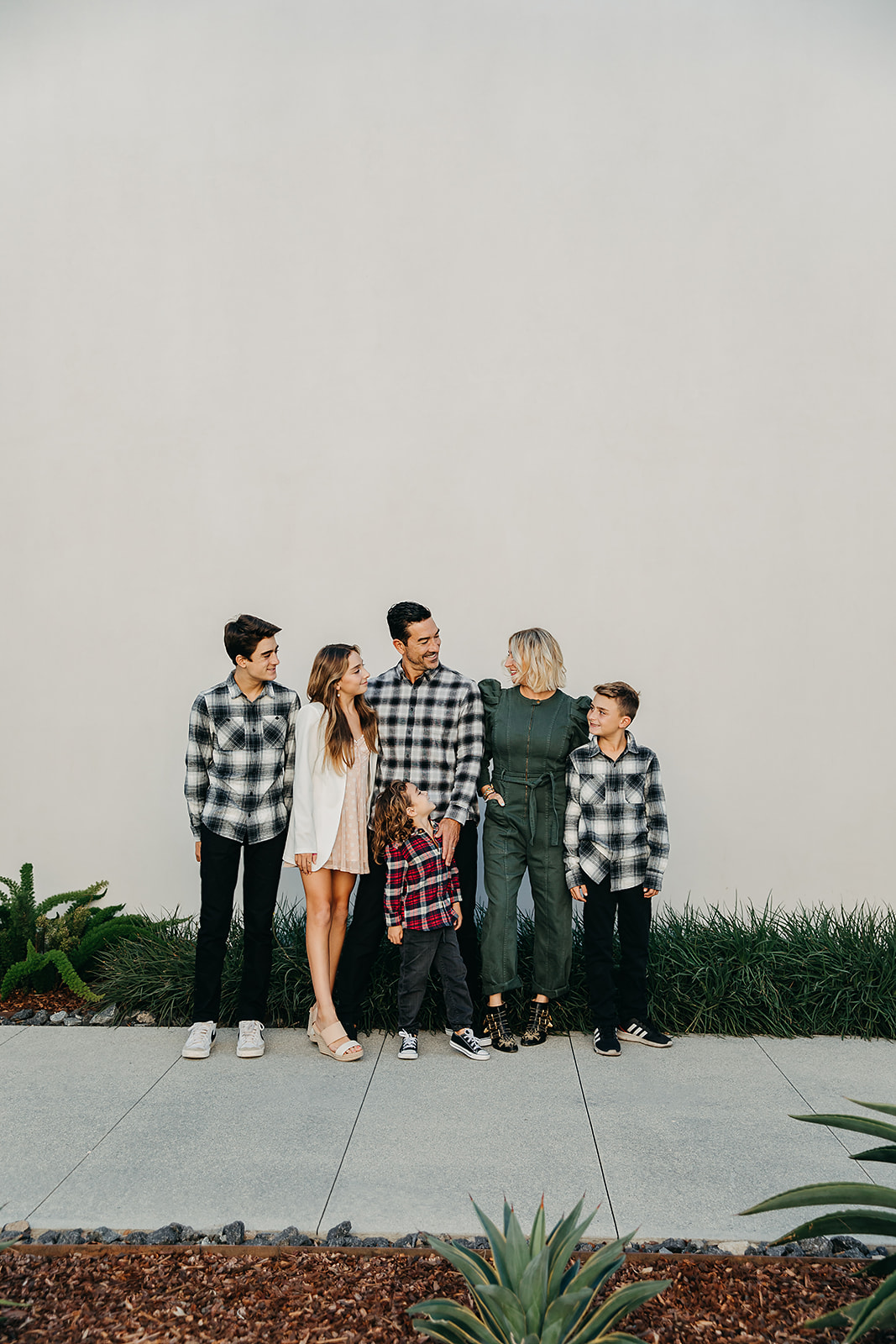
When To Have a Conversation
Anyone is at risk of an opioid overdose, not only people who are taking opioid medication for pain management. That’s why it’s so important we have conversations with our kids and loved ones, no matter the circumstances. Now with most of my kids heading into their teenage years, it feels like the right time to open up the dialogue. High school can be filled with peer pressure, stigmas, and misconceptions around alcohol and drugs—I want to make sure my kids are equipped with the knowledge to make educated decisions in their lives.
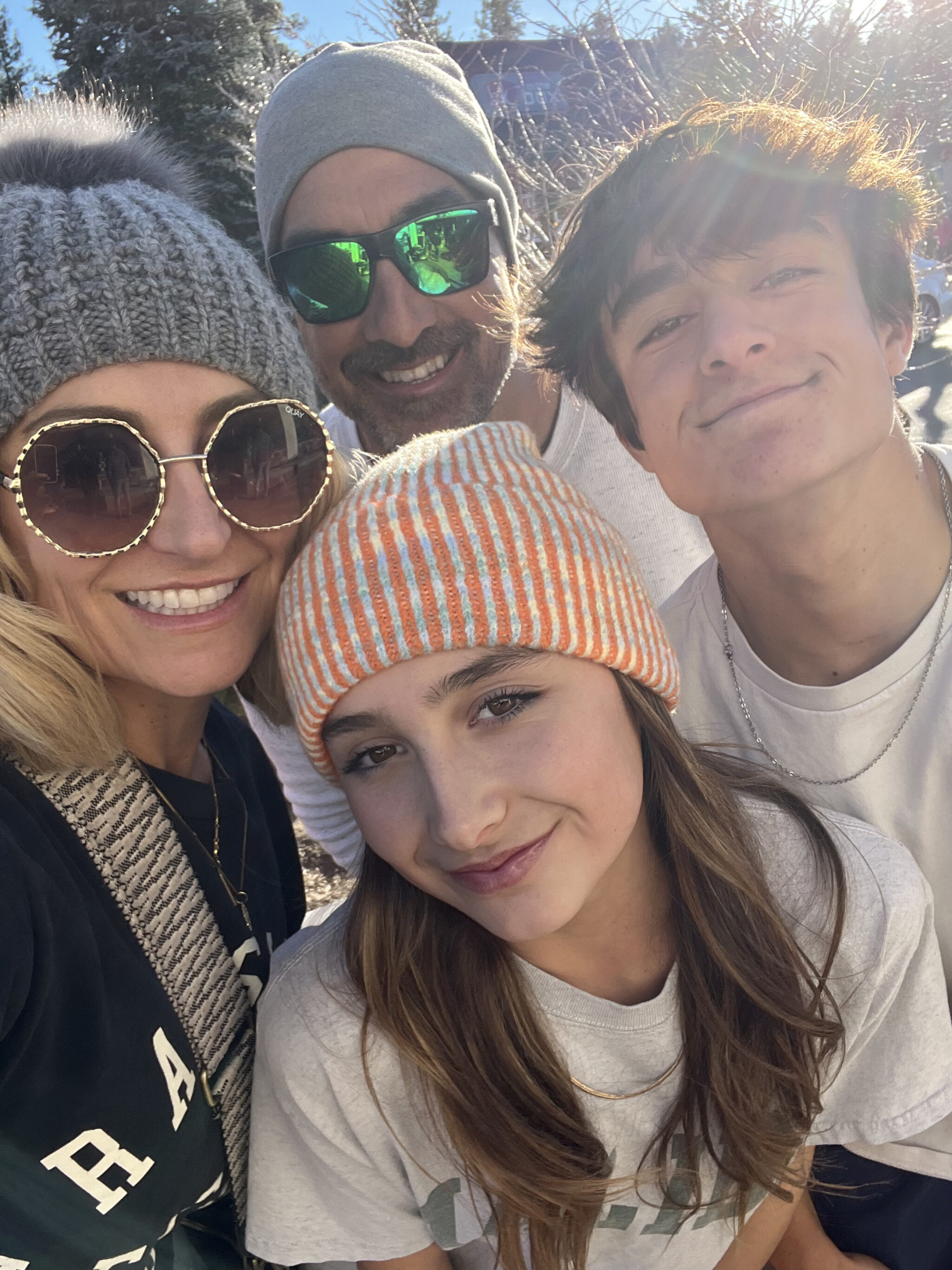
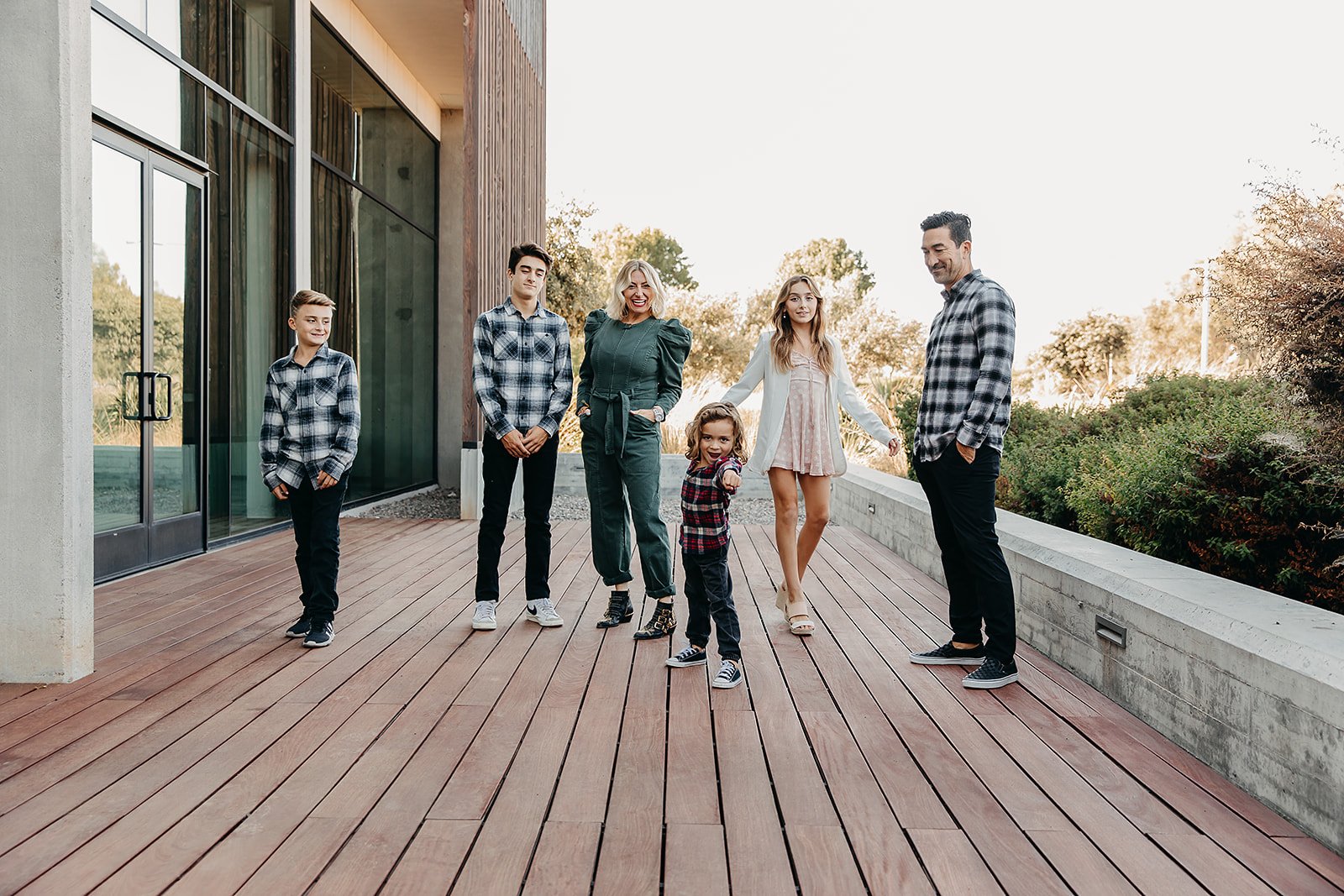
Find a Natural Way In
According to the CDC, overdose deaths from opioids increased by 35 percent in one year, from April 2020-April 2021. That’s a scary stat. But your conversation with your kids doesn’t have to be these kinds of shocking facts. Look at what your kids are watching or listening to. Oftentimes, pop culture is a natural way into the conversation. Bringing up shows and music that your kids regularly interact with will be an easy way for them to connect to what you’re saying and be able to put it into context.
Have you listened to my podcast? Check out The Mom Confidential!
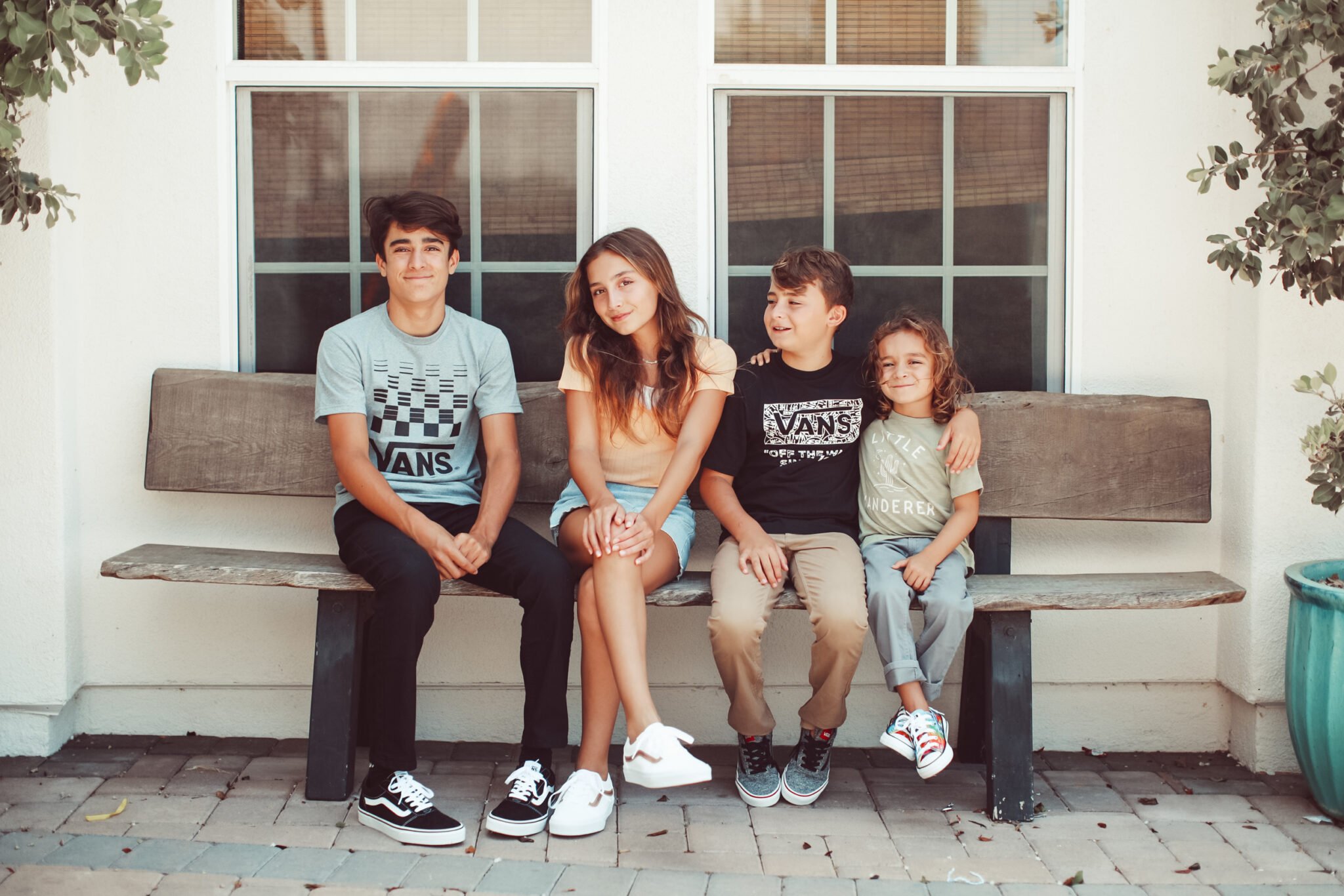
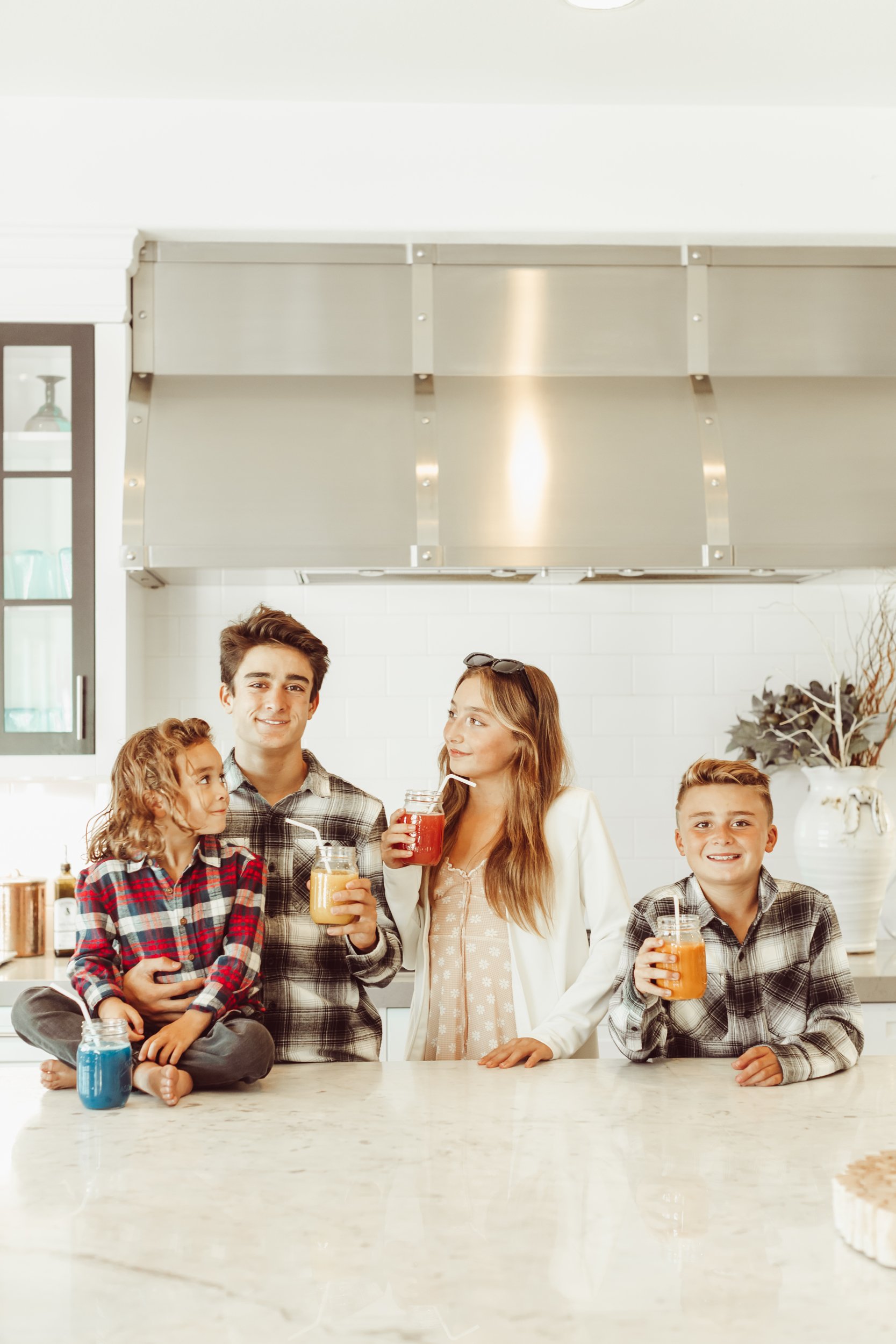
Life-Saving Information
We plan to have multiple conversations with our kids about this topic, sharing a few bits of information at a time. I think it helps us not get so overloaded with facts and be able to really take the time to get into each topic. Here are a few talking points Bobby and I discussed:
1. The Signs of an Opioid Overdose
Knowing the signs can be the key to saving a life. Unconsciousness or inability to wake up and breathing issues are two major signs. Are they breathing? Struggling to breathe? Breathing with a gurgling sound? Someone experiencing an opioid overdose may also look pale or blue, and they might have blue nail beds or blue lips.
2. Knowing CPR
Something we want to do as a family! Knowing how to safely perform CPR can be life-saving in so many different situations. In the case of an overdose, it’s incredibly important, especially while waiting for emergency services to arrive. Even if you have Naloxone on hand (an FDA-approved OTC medication that helps to counteract the effects of the overdose), CPR is an absolute must until paramedics can take over.
3. When To Use Naloxone
On the topic of Naloxone, I only recently learned that it’s completely harmless to those who are not experiencing an overdose. There doesn’t need to be any fear in giving it to someone you think is experiencing an opioid overdose. If they aren’t, it won’t do any damage. If they are, it may save their life.
4. When to Intervene
Most states have Good Samaritan laws, meaning that if paramedics are called for an opioid overdose, the police will not make any arrests. We never know how we will react in a life-threatening situation or in moments of crisis. My hope is that my kids feel empowered to help someone in need when they can. By giving them these tools and having these conversations, I want to encourage them to always do the right thing and help when they see someone in danger.
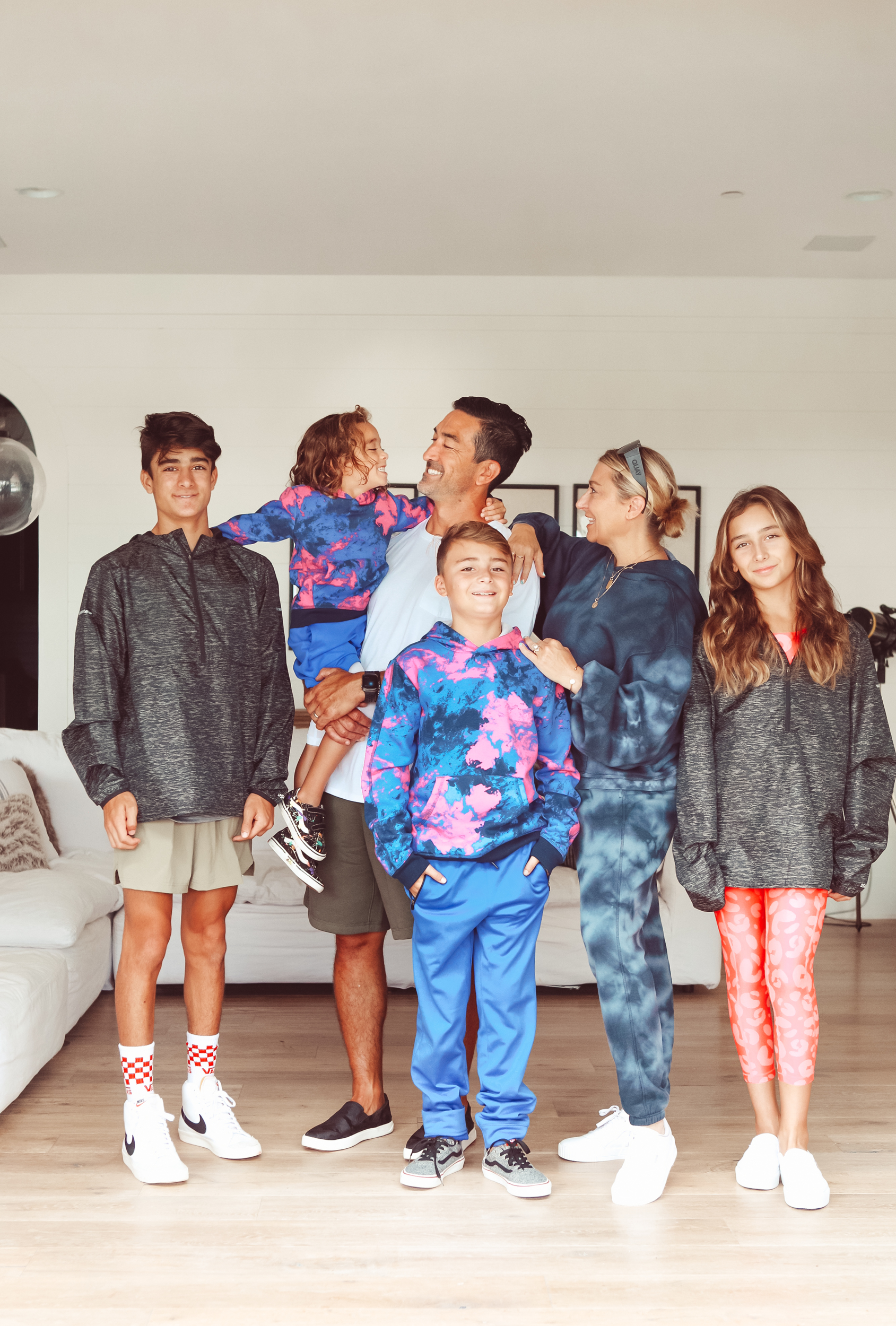
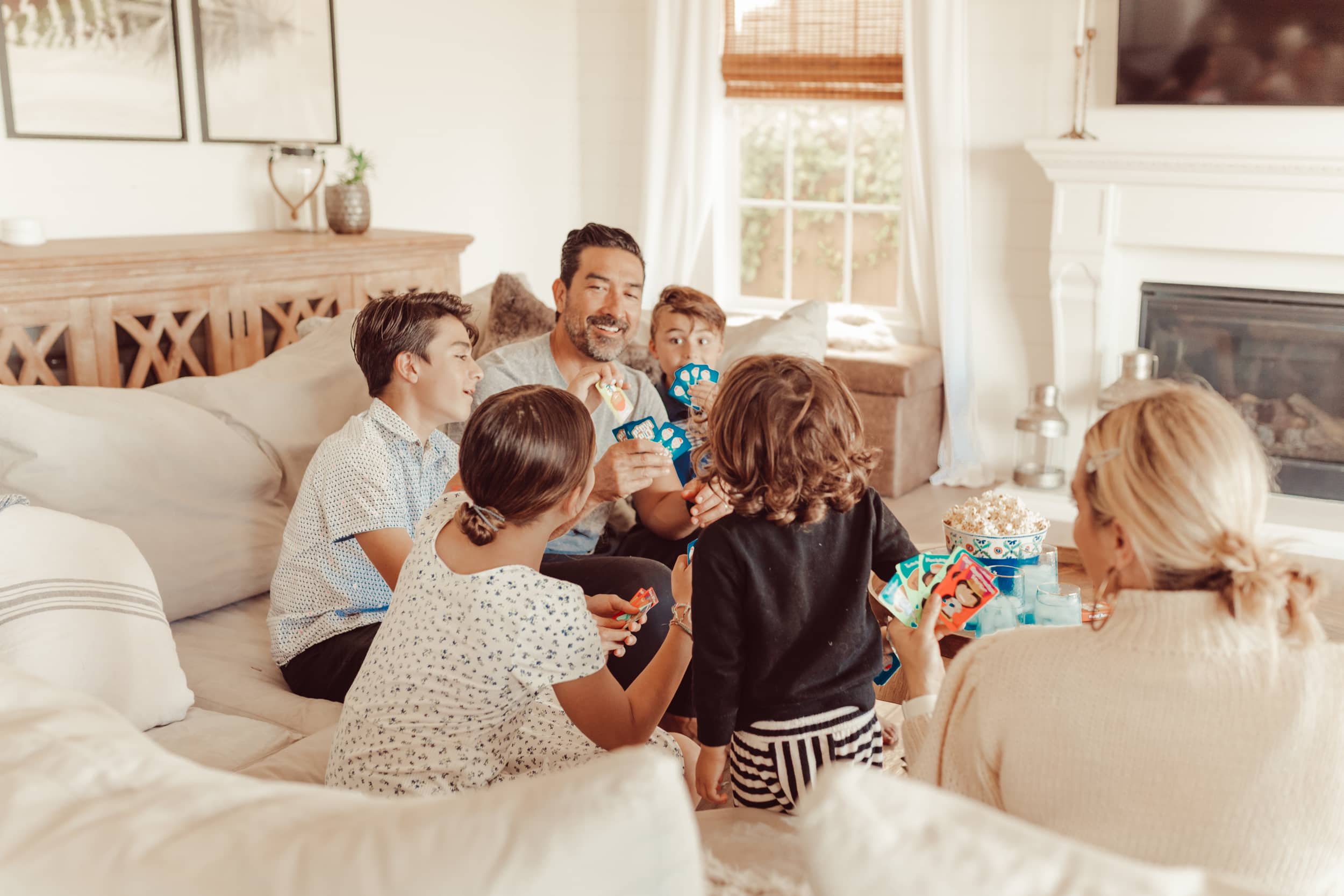
Working To Stop Substance Abuse
Substance abuse always seemed like such a hush-hush topic. But it’s so incredibly important we pull back the curtain to better inform ourselves and each other. It may save a life someday. And just in case you missed it, in honor of National Prevention Week, I was able to speak with the incredible Dr. Palombi, Associate Professor at The University of Minnesota, College of Pharmacy during an Instagram Live. Together we answered all the questions regarding teens, opioids, and overdoses. There is so much information to know and I highly recommend sharing this live with everyone.
Additionally, there is a survey I am asking you to take! You will have the chance to win one of (5) $500 Visa gift cards! Your participation in this survey will provide Med-IQ with important information about your awareness, attitude, perspective and concerns about opioid use, overdose risks and how to recognize and respond to an overdose emergency. Together we can help Med-IQ develop future educational initiatives.
Check out all my parenting tips on the City Girl Gone Mom Pinterest board!
